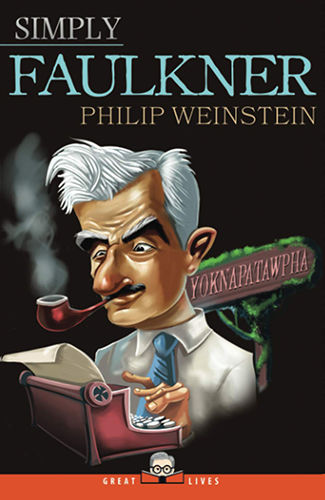What Else But Love? The Ordeal of Race in Faulkner and Morrison
- Philip Weinstein

- Mar 2, 2022
- 2 min read
Updated: Mar 24, 2022
Read an excerpt below:
“What else but love?” Guitar makes this answer to Milkman (in Morrison’s Song of Solomon), when he identifies the emotion that fuels the most deliberate action he is capable of: racial revenge. “What good is a man’s life if he can’t even choose what to die for?” Later in the same novel, watching a captured and killed bobcat undergo rhythmic evisceration in a scene almost unbearably devoted to the rehearsal of death, Milkman replays in his mind that same phrase seven times—a phrase that seems to identify a fundamental racial dynamic that he has come to understand. As title of my book, it touches down upon a bedrock dimension of race relations, and I want the reader to hear it in a number of senses. First, there is the immediate context of love under pressure. How can love guide a politics of racial violence, Milkman asks his friend, and the answer comes back that it must: what else could justify that violence, give it a human shape? We hear in the phrase the counter-reality of racial grief and retaliation, of love cohabiting with murder and hate. “The Ordeal of Race” is a necessary subtitle of my book. Centuries of racial turmoil in this country make any focus on love, perforce, more than half ironic. So much else than love shapes the ways in which black and white Americans experience their own and others’ racial identity. Race is not mainly lived as an ordeal—the most cursory reading of Morrison’s Sula makes this clear—but there is no good in denying the larger national failure embodied in black-white relations. Slavery and its aftermath remain the disaster coiled at the core of American history. Faulkner and Morrison are among our greatest writers for understanding this disaster.

This book and others by Philip Weinstein are available for purchase on Amazon.
Editorial Reviews
"Weinstein's book is beautifully and accessibly written. The structure of Weinstein's book facilitates insightful close readings, intriguing comparative analysis, and perceptive comments about the development of each of these writers."
Tracy McCabe, Lake Forest College ― MELUS
"An unfailingly intelligent and generous study of Faulkner and Morrison."
Mississippi Quarterly
"Weinstein focuses on many aspects of race and gender―from black manhood to white maternity―to explore 'the degree of ideological disturbance that a text can summon forth, significantly interrelate, and formally convey.'He effectively pairs the modernist fictions of Faulkner and Morrison to suggest 'the range of human cost and possibilities occasioned by the two races'mutual caughtness, their inextricable interpenetration.'Light in August and Beloved, for example, are the authors''most incisive rendering of racial disturbance.'Strongly recommended."
Choice










Comments